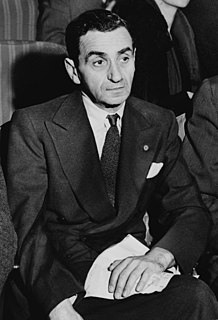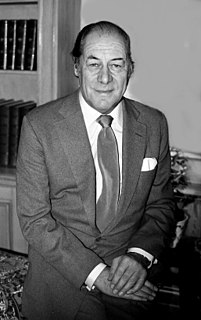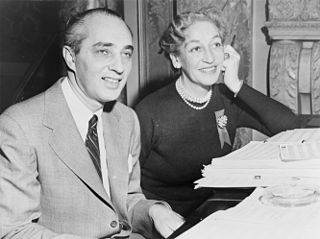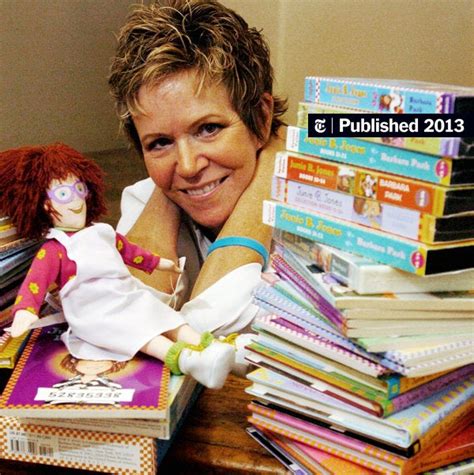A Quote by Irving Berlin
A patriotic song is an emotion and you must not embarrass an audience with it, or they will hate your guts.
Related Quotes
An audience will let you know if a song communicates. If you see them kind of falling asleep during the song, or if they clap at the end of a song, then they're telling you something about the song. But you can have a good song that doesn't communicate. Perhaps that isn't a song that you can sing to people; perhaps that's a song that you sing to yourself. And some songs are maybe for a small audience, and some songs are for a wide audience. But the audience will let you know pretty quickly.
Acting is bad acting if the actor himself gets emotional in the act of making the audience cry. The object is to make the audience cry, but not cry yourself. The emotion has to be inside the actor, not outside. If you stand there weeping and wailing, all your emotions will go down your shirt and nothing will go out to your audience. Audience control is really about the actor
Hate is a terrible thing. It's a wasteful, stupid emotion. You can hate someone with all your heart, but it'll never do them a bit of harm. The only person it hurts is you. You can spend your days hating, letting it eat away at you, and the person you hate will go on living just the same. So, what's the point?
The radio was on and that was the first time I heard that song, the one I hate. Whenever I hear it all I can think of is that very day riding in the front seat with Lucy leaning against me and the smell of Juicy Fruit making me want to throw up. How can a song do that? Be like a net that catches a whole entire day, even a day whose guts you hate? You hear it and all of a sudden everything comes hanging back in front of you, all tangled up in that music.
LATE will always be the most important song to me. I used to struggle to perform it live without getting upset but have performed it a lot now, which has really helped. Very often it makes people in the audience cry, and that means so much to me that they can relate to the emotions in the song. It was actually a really easy song to write, I wrote most of it in one day... it sort of flowed out of me. I was never good with dealing with emotion, so I think I kind of needed to write it!
The criminal law has, from the point of view of thwarted virtue, the merit of allowing an outlet for those impulses of aggression which cowardice, disguised as morality, restrains in their more spontaneous forms. War has the same merit. You must not kill you neighbor, whom perhaps you genuinely hate, but by a little propaganda this hate can be transferred to some foreign nation, against whom all your murderous impulses become patriotic heroism.
You don’t sound very patriotic,” observed Tessa. “Weren’t you just reminiscing about the mountains?” “Patriotic?” Will looked smug. “I’ll tell you what’s patriotic,” he said. “In honor of my birthplace, I’ve the dragon of Wales tattooed on my—” “You’re in a charming temper, aren’t you, William?” interrupted Jem, though there was no edge to his voice.




































